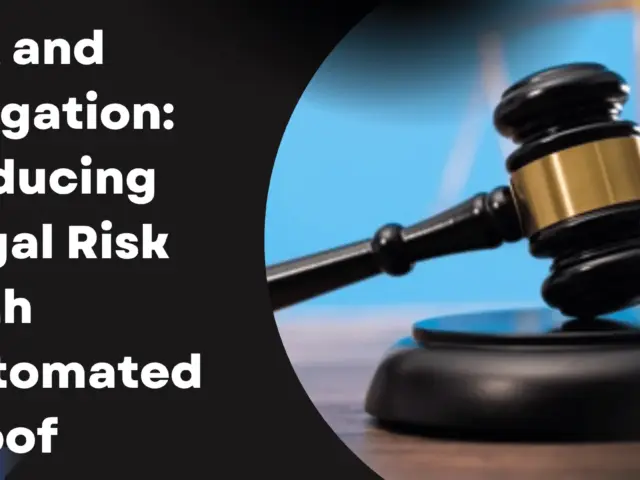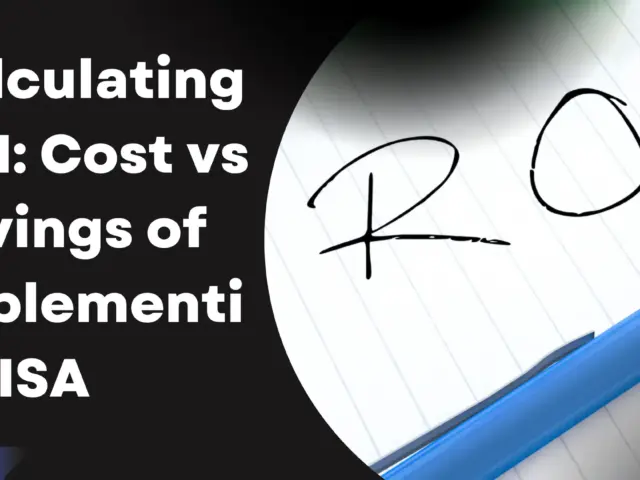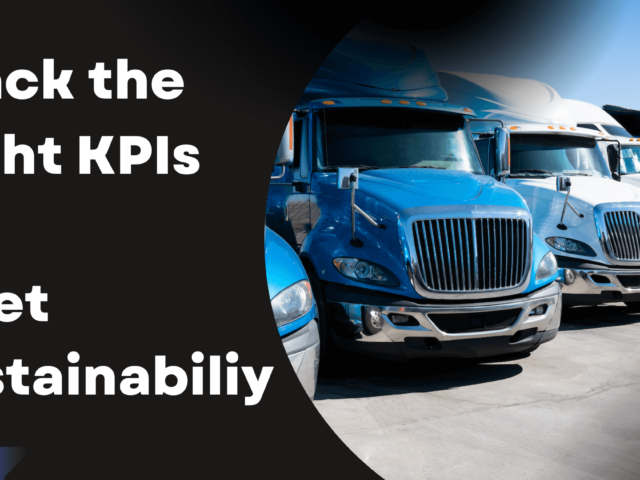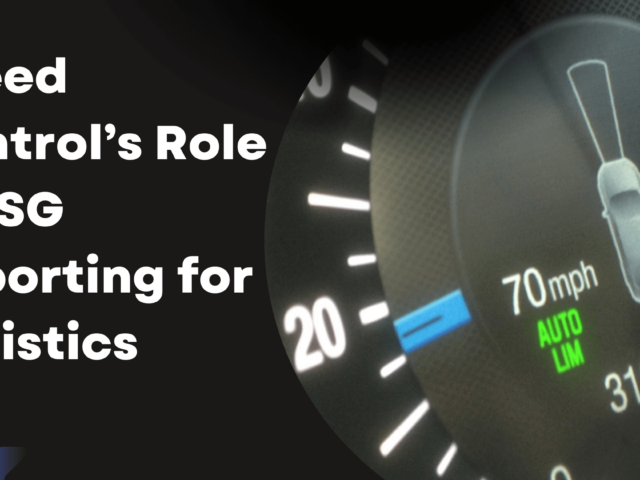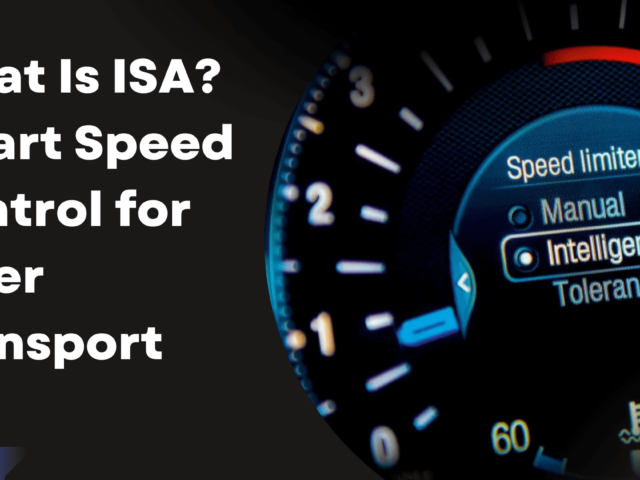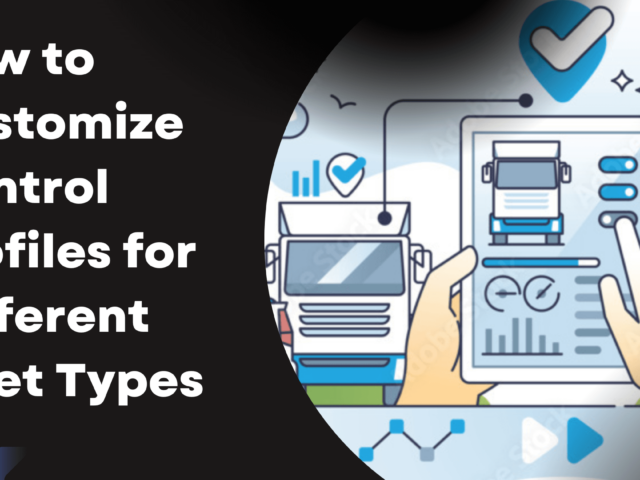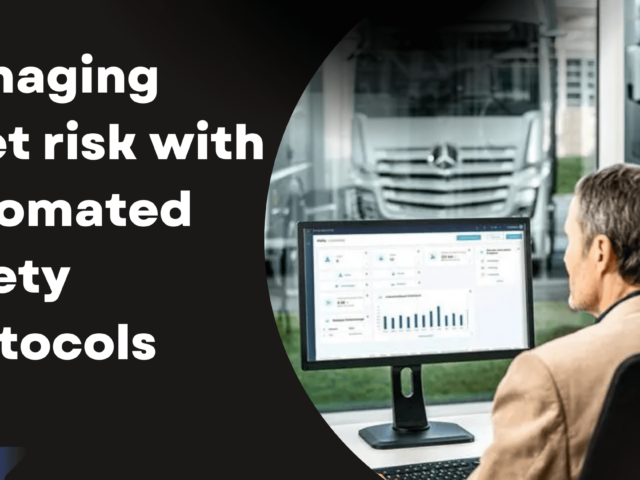In today’s connected world, vehicles aren’t just machines — they’re moving data centers. With systems like Intelligent Speed Assistance (ISA)...
Read More
Blog
Jun 15, 2025 Resolute Dynamics
ISA System Failures: What Happens & How to Prevent It
In today’s fast-moving world of fleet safety and smart vehicles, ISA systems—short for Intelligent Speed Assistance—are becoming essential. Governments are...
Read More
Why Insurers Are Mandating ISA Systems for Fleets
In today’s world, managing a fleet is more than just keeping vehicles moving. It’s about safety, compliance, and staying ahead...
Read More
How Telematics Is Changing Fleet Insurance Forever
Commercial fleet insurance isn’t what it used to be. Not long ago, insurers mostly relied on past claims, vehicle type,...
Read More
Avoid Lawsuits: How ISA Tech Shields Your Fleet
Fleet operations today face more than just traffic and delivery schedules—they face rising legal risks. From minor accidents to serious...
Read More
ISA ROI: Cost vs Savings for Smarter Fleet Safety
Every fleet manager faces a big question before adopting any new technology: Is it worth it? When it comes to...
Read More
How ISA Data Cuts Fleet Insurance Costs
Running a fleet is not just about moving goods from point A to B. It’s about safety, compliance, and cutting...
Read More
Track the Right KPIs for Fleet Sustainability
Managing a fleet today isn’t just about moving vehicles from point A to B. It’s about doing it smarter, cleaner,...
Read More
Speed Control’s Role in ESG Reporting for Logistics
In today’s logistics world, speed is a double-edged sword. Move too slow, and you're inefficient. Go too fast, and you're...
Read More
What Is ISA? Smart Speed Control for Safer Transport
How Smart Speed Limiters Are Driving Safer and Greener Roads When we think about making our roads safer and our...
Read More
Green Fleets & Smart Speed Governance | Future of Mobility
Transportation is changing fast. We're seeing more electric vehicles (EVs), hybrid trucks, and fleets running on clean fuel. At the...
Read More
ISA Technology for Fleets: Cut Emissions & Boost Efficiency
Fleet operations are under more pressure than ever to go green. With fuel costs rising, environmental regulations tightening, and public...
Read More
Machine Learning for Real-Time Vehicle Speed Control
Speed is one of the most important things to control when it comes to road safety. Whether you're driving a...
Read More
Edge AI in ISA: Smarter, Safer Fleet Management
In today’s world, vehicle safety is no longer just about seatbelts and airbags. It’s about intelligence. Fleet operators are under...
Read More
AI Model Drift in ISA Systems: Risks & Smart Fixes
Imagine driving a vehicle where the speed assistance system no longer understands the speed limit on the road. Sounds dangerous,...
Read More
Adaptive Learning for Fleet Speed Management
Fleet operations are changing fast. With roads getting busier and regulations tightening, companies need smarter ways to manage how their...
Read More
AI Predictive Speed Control: Prevent Accidents Before They Happen
Road safety isn’t just about reacting to danger—it’s about predicting it before it ever shows up. That’s the big promise...
Read More
Dynamic Speed Control by Route, Load & Location
Smart vehicles can now adjust their speed automatically—based on the road, the weight they’re carrying, or even where they are....
Read More
How to Customize Control Profiles for Different Fleet Types
Modern fleets aren’t just about wheels and engines anymore. They’re moving ecosystems packed with sensors, software, and smart decision-making tools....
Read More
Managing fleet risk with automated safety protocols
Automated safety protocols help reduce fleet risk by using AI-powered systems, real-time telematics, and intelligent vehicle controls to prevent accidents,...
Read More




